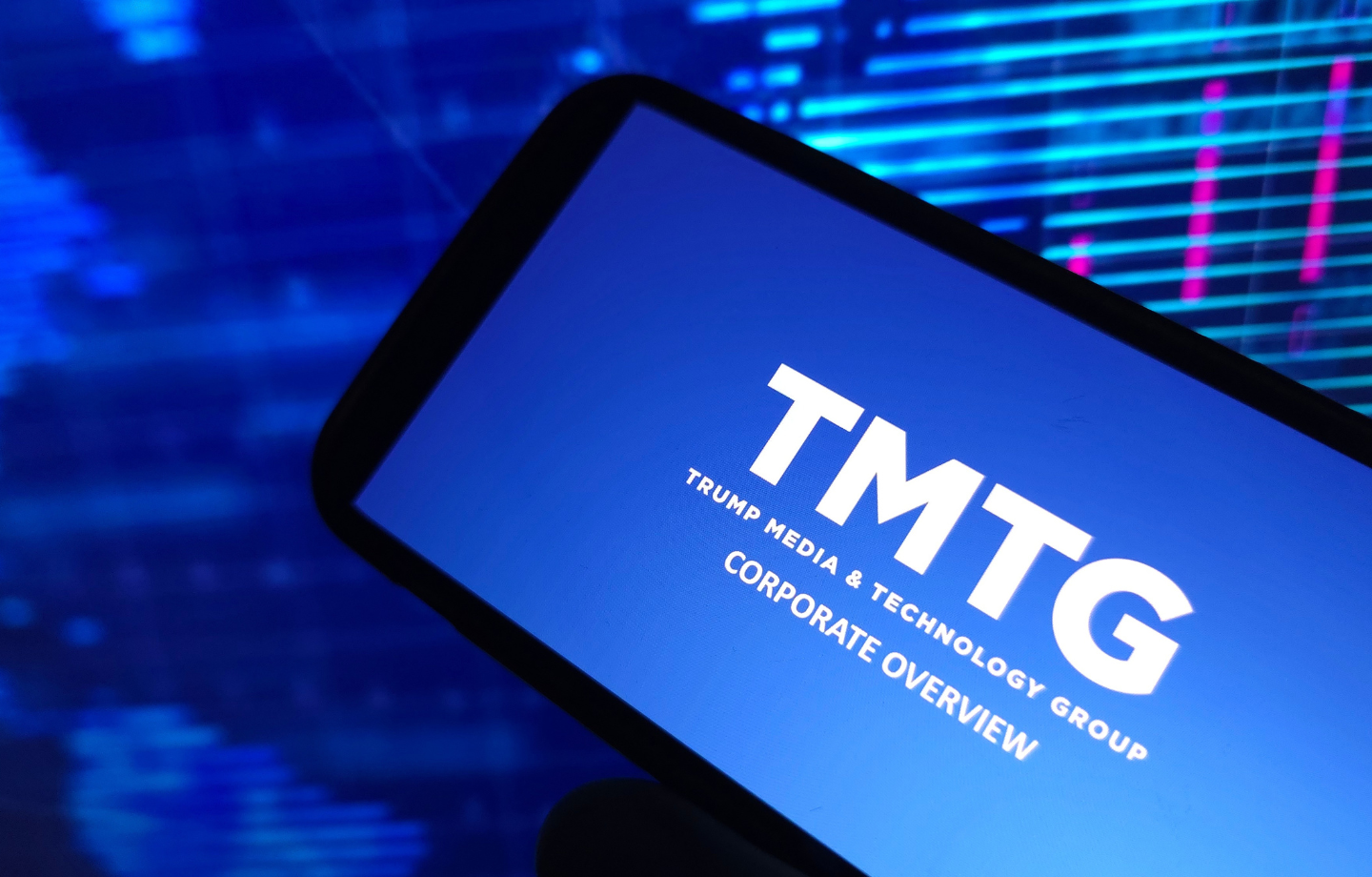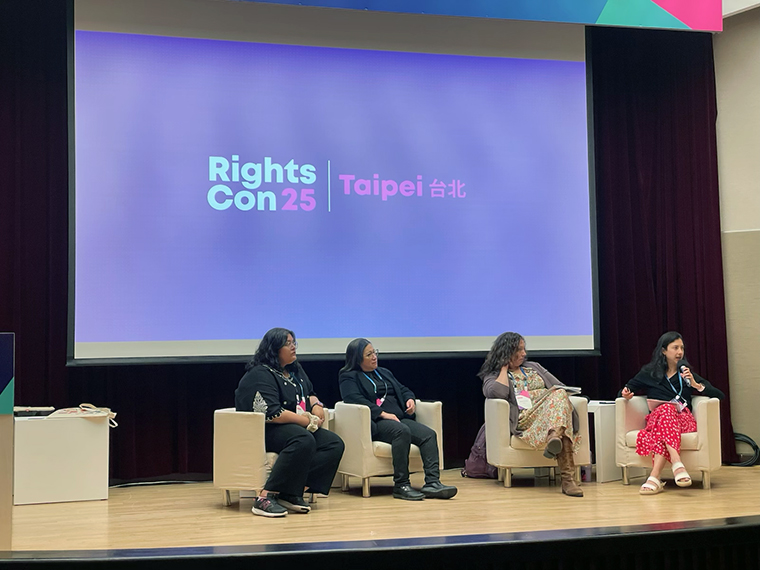NYU Center for Business and Human Rights resigns its membership in the Global Network Initiative

February 1, 2016
Ms. Judith Lichtenberg, Executive Director
Mr. Mark Stephens, Independent Chair
The Global Network Initiative
1634 I Street NW, Suite 1100
Washington, DC 20006
January 29, 2016
Judith and Mark,
We write with regret to inform you that the NYU Stern Center for Business and Human Rights is withdrawing its participation in the Global Network Initiative. After significant consideration, we come to this decision after the board’s vote on the terms of an agreement to admit the Industry Dialogue companies in March 2017 and this week’s announcement that seven of the ID companies have accepted the deal. In our view, agreeing on terms under which the telecom companies in the ID will be admitted was premature given the range of fundamental challenges GNI is facing. The vote on terms and the ID companies’ acceptance does not set GNI on a strong course for the future, at a moment when addressing issues of human rights in the technology sector is more pressing than ever.
As you know, we were actively involved in the early years of GNI and believe deeply in its mission and potential to advance free expression and privacy in the information and communications technology sector. We share your perspective that the inclusion of telecom operators in GNI’s standards-based framework is an essential objective in expanding the realization of rights online. But in our view, the vote to cement a set of terms under which the ID companies will be admitted to GNI in 2017 was premature.
Since last spring, our Center has expressed a view that GNI’s current structure and funding model makes it unable to meet the pressing human rights challenges it was established to address. As it approaches its 10-year anniversary, GNI lacks the resources, staff capacity, governance structures and, most importantly, a shared vision to realize its potential. We see an obvious need for fundamental reform within GNI at this critical moment in its history. Unfortunately, the window to consider such reform was narrowed by this month’s actions.
The basis for declining public trust in companies in the ICT sector is clear – the Snowden disclosures; growing skepticism of large U.S.-based Internet companies in Western Europe; and ongoing efforts by many governments to interfere with personal privacy and censor online speech have only exacerbated the public’s sense that companies are not abiding by high standards for human rights. In this context, GNI should have the capacity to advocate for greater government adherence to global standards on free expression and privacy, while at the same time giving the public confidence that leading Internet and telecommunications companies are themselves abiding by these standards. At present, GNI is not adequately achieving either of these objectives.
We had hoped to be involved in addressing what we see as the fundamental challenges now facing GNI, but have come to recognize that there is insufficient appetite to wrestle with these essential questions at this time. We see the need for action in three key areas:
1. Shared organizational vision
Based on our extensive consultations over the last year, we do not believe that those most active in GNI, including the ID companies now participating as observers, have a shared vision for the organization’s core mission and future agenda. With the vote on the terms of admission for the telecom companies in 2017, the board has greatly diminished the possibility of engaging in a substantive examination of GNI’s core functions and objectives, as well as the associated budgetary, staffing and structural implications. To be sure, the need to address and resolve the core issues is independent of the agreement with the ID. But agreeing to terms under which the ID will be admitted while the fundamental issues remain unresolved was premature. Tackling the core issues and reaching resolution will require flexibility and commitment on the part of all constituencies. With terms agreed at the outset, our view is that there will be much less incentive or sense of urgency to pursue the needed changes.
We have advocated for an alternative approach – to admit the individual ID companies as observers for 2016, during which time the organization could – together with the ID – reflect on the fundamental questions related to its mission, capacity, and structure. At the end of this process and with greater clarity and about its forward-looking vision, GNI would have been on stronger footing to recruit additional members and resources and to play a unique role in the privacy and free expression debate. We continue to believe this represents a reasonable and desirable way forward.
2. Developing a credible and transparent system for evaluating company compliance with human rights standards
A fundamental premise of GNI at its inception was that it would set and enforce common industry standards for company performance relating to free expression and privacy. By monitoring companies’ performance against a common standard, our shared vision was that GNI would help build public trust in information and communication technology companies. The monitoring and enforcement of GNI’s human rights standards were encompassed in its mandate to assess company compliance with GNI principles.
Last spring, in an effort to appeal to the ID companies and encourage their participation in GNI, the board voted to remove all references to “compliance” from GNI’s Principles and Implementation documents. The term “compliance” was replaced with language emphasizing that GNI would now assess whether a “company has committed to the principles…and is making a good-faith effort to implement and apply them.” This is not a meaningful standard. Our assumption is that all member companies are committed to the principles and are making good faith efforts to implement them; the question is whether they are in compliance with a set of standards.
We recognize that the challenges of assessing company compliance have only gotten more complex in the context of the Snowden revelations, the growing online influence of groups like ISIS, and ongoing infringements on company actions by the governments of China, Russia, Iran, Turkey, and so many others. GNI’s existing “assurance” model is not purpose-built for these challenges; it is too expensive and burdensome for companies, and at the same time insufficiently transparent and credible to the public. And it relies too much on outside firms, rather than building GNI’s internal staff capacity.
This aspect of GNI’s work needs to be revisited, and a more efficient, effective and transparent system must be developed to meet the needs of all parties and enhance GNI’s capacity and credibility. These issues should have been resolved before finalizing the terms of admission for ID companies. With the ID companies joining with an expectation that “assurance” of their performance rests on a demonstration of commitment and good-faith effort, it will now be much more difficult to address and resolve this fundamental function of GNI.
3. Building GNI’s organizational capacity
All participants agree that GNI has a formidable agenda that far outstrips its existing capacity and resources. Participants would like to see GNI as a thought leader in public policy debates about privacy, censorship, combatting terrorism, and preserving national security online. At the same time, GNI’s essential accountability function is the key to fulfilling its mandate and building trust with consumers. Participants also would like to see GNI develop best practices and shared learning to help companies rise to the challenges presented by an increasingly complex global landscape on free expression, censorship, privacy, and surveillance.
Each of these efforts is resource intensive, requiring far greater staff capacity and operating funds than is possible under the organization’s current annual budget of under USD$1 million. As it stands, GNI struggles to fulfill its most basic functions and has not been successful in making the case for significant, ongoing support from philanthropic foundations or others.
Building an organization that is financially viable with sufficient capacity to shape policy debates, assess company compliance with a human rights standard, and help build member companies’ capacity on human rights should be a key priority for the board. We are concerned that the ID companies are being admitted as observers in 2016 at a deeply discounted rate as compared to the contributions of GNI’s founding members, Google, Microsoft, and Yahoo. Voting on terms of admission for some of the world’s largest companies without clarity on a future business model and funding structure was premature. Given that they are being admitted as observers at a discounted rate without clarity about future fee levels, we have serious doubts that the organization will be able to develop a funding model that includes increased resource commitments by companies and that sets it on a course toward sustainability and strength.
While we are disappointed by the outcome of the past months, we continue to believe in GNI’s mission and are eager to see it succeed. We hope that you will find ways to address these fundamental challenges and to ensure GNI’s viability and strength as a unique voice in pressing debates about free expression and privacy in the information and communications technology sector. While we would have welcomed the opportunity to participate in discussion of GNI’s essential challenges in the coming year, our conclusion is that there is insufficient appetite by the board and membership to address these questions. We remain willing to engage at some future point if and when GNI is prepared to tackle these fundamental questions.
Sincerely,
Michael Posner Sarah Labowitz
 Business & Human Rights Leadership
Business & Human Rights Leadership


